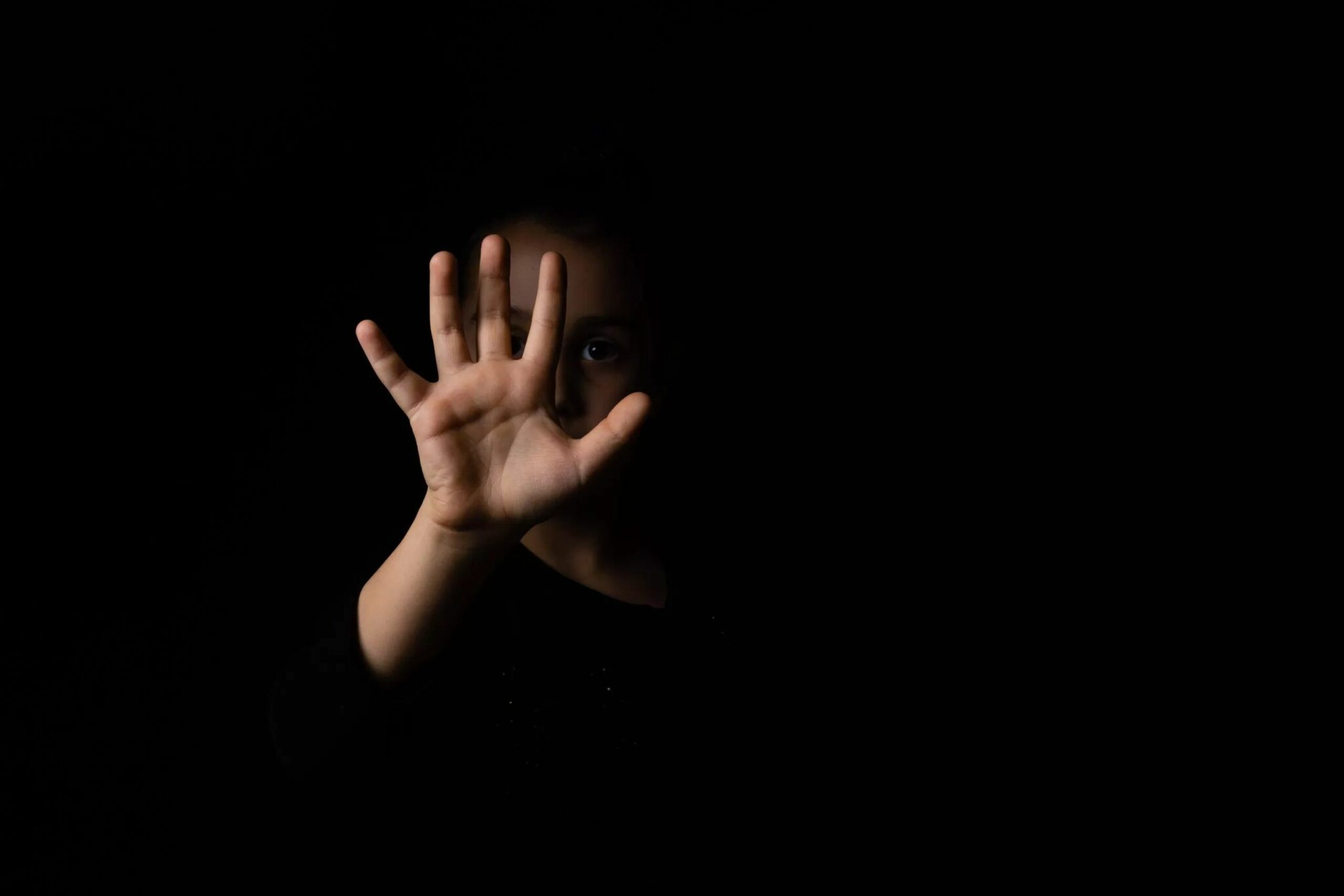BY LEARNMORE NYONI
Recently, Zimbabwe saw an increase in early pregnancies and cases involving the raping of minors.
Two cases were especially worrying.
A nine year old gave birth after she was raped in Masekesa village in Tsholotsho. In the same month, November 2022, two 17-year-old brothers raped and impregnated a nine-year-old in Bindura.
It gets worse.
Some of the sexually violated minors have died while giving birth.
Statistics revealed last month by Women Affairs Minister Sithembiso Nyoni show that 58 percent of all rape cases reported in the country between January and September 2022, involved children.
220 minors were raped in nine months.
Contrary to common belief, perpetrators of child abuse are not junkies or strangers that lurk in the woods at night to attack unsuspecting minors.
Evidence with the Zimbabwe Republic Police shows that family members, respected community members, religious leaders and trusted friends are behind these heinous crimes.
How can parents protect their children from family, when it is meant to be a haven of love and trust?
“I am not settled each time I send my two daughters, Rufuno and Mashudu to my mother’s place for holidays. I do not trust my unemployed sit-at-home brother. He drinks too much, and I fear that he may prey on my young girls. I live in constant fear,” says Maria Ndou.
This is a common fear shared by many parents.
The potential risk of sexual abuse of one’s child is a looming danger that every parent has to be concerned about, since most of the perpetrators are people that children know and trust.
Perpetrators often force their targets into silence. Parents and in some cases survivors of sexual violence blame themselves for the abuse. This is especially so when the perpetrator is the breadwinner, has a reputation in the community or is a trusted family friend.
After the violation, some survivors or their parents face post-traumatic stress disorder, drug abuse and some are driven into depression.
The country has stringent laws against child sexual abuse, and it recently raised the age of sexual consent from 16 to 18 years. Even with these policies and legal instruments in place to protect children against sexual abuse, reality on the ground paints a bleak picture.
Some development partners have also been complementing government efforts in promoting child protection through positive parenting. The reach and effect of such interventions, while commendable have at best been marginal.
“Despite significant progress in establishing a National Case-Management System (NCMS), the child protection sector remains fragmented, with shortages in the social service workforce; minimal investment in child-sensitive justice and social welfare systems, and limited implementation of policies and legislation.
“Again, these gaps are exacerbated during emergencies. While Zimbabwe ratified the Convention on the Rights of the Child, implementation of related laws and policies remains a challenge,” says UNICEF Zimbabwe, under the Child Protection banner.
Because it appears as if it is beyond the parents’ control, the constant thoughts of the risk of one’s child getting raped breeds perpetual fear in parents.
UNICEF Zimbabwe also notes that statistics show that children without parents or parental support are a child protection concern in the country.
Something can be done.
Parents and guardians can research to capacitate themselves about the common causes of child sexual abuse before they can train their children on the potential risks.
Research done by the United States based Child Mind Institute show that the key to preventing or at least minimising the risk of sexual exploitation of children is in listening and talking to them freely.
The 21st century parent, however, leads a busy corporate life and children often adopt behavioural and cultural attributes from the television and other digital technologies.
The internet, on the other hand, has valuable resources that concerned parents can use to protect their children against sexual predators.
Postal and Telecommunications Agency Zimbabwe Second Quarter report shows that the country’s internet penetration rate stands at 61.3 percent.
Digital resources can help parents before they can also help their children.
The website www.jw.org provides many useful resources that help parents prevent sexual exploitation of their children.
Parents can visit the website, use the search bar on the site to type keywords like, ‘child abuse’ to get unlimited resources with links to both scientific proof and biblical references to help parents protect their children against sexual exploitation.

